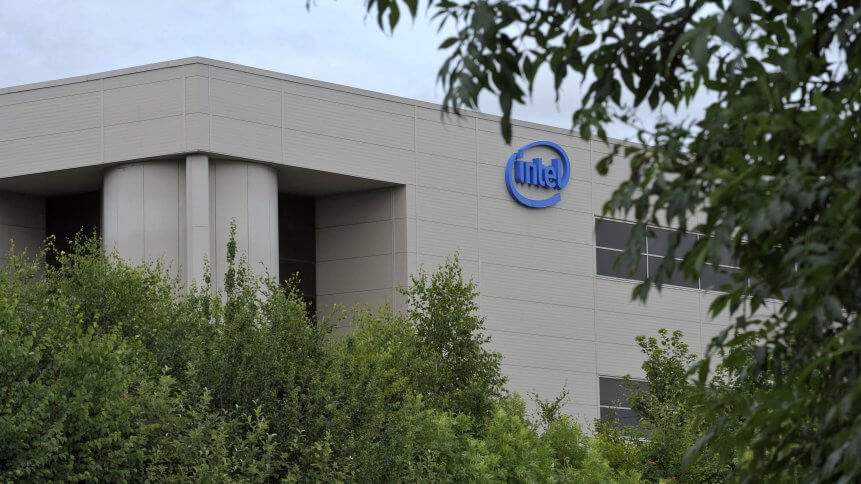Here’s why Intel acquiring chipmaker GlobalFoundries is a good idea

- Talks on acquisitions appear to not involve the company directly.
- Intel is among the last standing semiconductor companies that still designs and manufactures its own chips.
- The move is in time when Intel is probing a major push to become a chip manufacturer for others
Just last month, Intel Corp CEO Pat Gelsinger predicted the shortage of semiconductor chips will bottom out in the second half of this year before it gets back to a healthy supply-demand situation in 2023. The company, like a handful of other large players, appears to be taking matters on its own too. There are talks that Intel is exploring a deal to acquire chip manufacturer GlobalFoundries Inc. for US$30 billion.
The interest to acquire, as reported by The Wall Street Journal, is a part of the company’s next big step on its plan to double down on its manufacturing business under the leadership of Gelsinger. Controlled by Abu Dhabi’s sovereign fund Mubadala Investment Co, the deal isn’t guaranteed and GlobalFoundries may continue to pursue an initial public offering, the paper said, adding that the talks don’t appear to include GlobalFoundries itself.
After taking up the job in February this year, Gelsinger has pledged to restore the company to its dominant role in manufacturing and computer processors after losing ground to Taiwan Semiconductor Manufacturing Co (TSMC). and others. To top it off, Intel has been opening its plants doors to other chipmakers, including competitors, to take on those rivals. Gelsinger also shared that he’ll spend heavily to build new factories specifically to act as foundries that make chips for others.
“We’re going to be leaders in the market, and we’re going to satisfy the new foundry customers. Because the world needs more semiconductors, and we’re going to step into that gap in a powerful and meaningful way,” Gelsinger said after taking up the role as a CEO. In fact, adding GlobalFoundries’ capabilities to Intel would represent progress in the company’s plan to become a contract manufacturer. It would give Intel several new fabrication plants and a substantial base of customers with the sales and marketing infrastructure necessary to keep revenue flowing in the door.
WSJ quoted a Baird analyst Tristan Gerra who called the deal a “highly attractive value proposition” and said that one of its most important aspects could be the corporate culture of a foundry business that is used to serving multiple clients. That is an area where Intel lacks expertise. Given how the US-based chip manufacturer has long-term agreements with customers, it would be both immediately valuable for Intel and increasingly lucrative over time. “Intel has advanced manufacturing capabilities that GlobalFoundries chose not to pursue some years ago, for example. Customers using GlobalFoundries’ older manufacturing tech would have the option to transition to Intel’s advanced, or “leading node” processor fabrication techniques, should they need to,” WSJ reported.
GlobalFoundries customers include Qualcomm (QCOM), and Intel rival Advanced Micro Devices (AMD). More importantly, the deal could perhaps help Intel ramp up production of chips at a time demand is at its peak and the company is looking to start producing chips for car makers that have struggled to keep operations running due to severe shortages.
To recall, Intel, one of the last companies in the semiconductor industry that both designs and manufactures its own chips, said earlier this year it would expand its advanced chip manufacturing capacity by spending as much as US$20 billion to invest in factories in the US. The company had said it intends to open its factories to outside chip designers, as it competes with TSMC and South Korea’s Samsung Electronics Co.
GlobalFoundries, which is looking at a potential listing later in the year, has two chip factories in Singapore, two 300 millimeter fabs in Germany, and one 200 millimeter fab and two 300 millimeter fabs in the US. In March of this year, the chip manufacturer said it would pour US$1.4 billion into expanding its fabs that would drive 13% output increase in 2021 and 22% in 2022, and in June as the semiconductor shortage was getting really crazy, the company said it would pony up another US$4 billion to push a further ramp in 2023 for its operations in Singapore.










